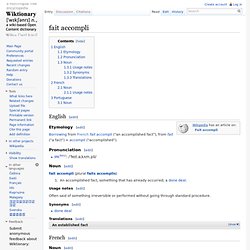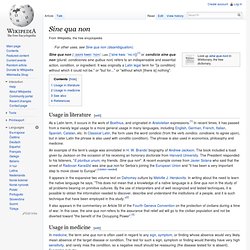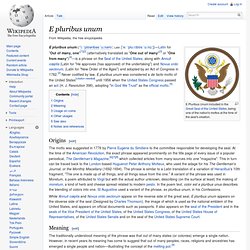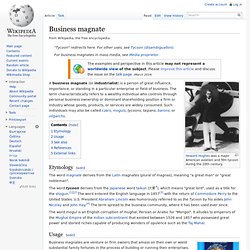

Conflate. Spurious. Nascent. Capricious. Intransigent. Define Nonplus at Dictionary.com. Define Austere at Dictionary.com. Define Alacrity at Dictionary.com. Define Prescience at Dictionary.
Define Detestable at Dictionary.com. Define Nefarious at Dictionary.com. Define Ameliorate at Dictionary.com. Define Capricious at Dictionary. Define Vicissitudes' at Dictionary. Define Vastitudes at Dictionary. Define Resplendent at Dictionary. Latin Dictionary - Translation. Fait accompli. English[edit] Etymology[edit] Borrowing from French fait accompli (“an accomplished fact”), from fait (“a fact”) + accompli (“accomplished”).

Pronunciation[edit] IPA(key): /ˈfeɪt.əˌkʌm.pli/ Noun[edit] fait accompli (plural faits accomplis) An accomplished fact, something that has already occurred; a done deal. Usage notes[edit] Often said of something irreversible or performed without going through standard procedure. Synonyms[edit] done deal Translations[edit] French[edit] Noun[edit] fait accompli m (plural faits accomplis) a fait accompli, a done deal Usage notes[edit] Only used in the expression “placer/mettre quelqu’un devant le fait accompli” meaning “to present somebody with a fait accompli”. Define Pugnacious at Dictionary. Define Prescient at Dictionary. What is the Definition of Facetious? Define Disingenuous at Dictionary. Sine qua non. Sine qua non (/ˌsaɪnɨ kweɪ ˈnɒn/; Latin: [ˈsine kwaː ˈnoːn])[1] or condicio sine qua non (plural: condiciones sine quibus non) refers to an indispensable and essential action, condition, or ingredient.

It was originally a Latin legal term for "[a condition] without which it could not be," or "but for... " or "without which [there is] nothing". Usage in literature[edit] As a Latin term, it occurs in the work of Boethius, and originated in Aristotelian expressions.[1] In recent times, it has passed from a merely legal usage to a more general usage in many languages, including English, German, French, Italian, Spanish, Catalan, etc. In Classical Latin, the form uses the word condicio (from the verb condico, condicere, to agree upon), but in later Latin the phrase is also used with conditio (condition). The phrase is also used in economics, philosophy and medicine. An example of the term's usage was annotated in H. It appears in the expansive two volume text on Dahomey culture by Melville J. Define Sine qua non at Dictionary. E pluribus unum. E pluribus unum (/ˈiː ˈplʊərɨbəs ˈuːnəm/; Latin: [ˈeː ˈpluːrɪbʊs ˈuːnũː])—Latin for "Out of many, one"[1][2] (alternatively translated as "One out of many"[3] or "One from many")[4]—is a phrase on the Seal of the United States, along with Annuit cœptis (Latin for "He approves (has approved) of the undertaking") and Novus ordo seclorum, (Latin for "New Order of the Ages") and adopted by an Act of Congress in 1782.[2] Never codified by law, E pluribus unum was considered a de facto motto of the United States[citation needed] until 1956 when the United States Congress passed an act (H.

J. Resolution 396), adopting "In God We Trust" as the official motto.[5] Origins[edit] The motto was suggested in 1776 by Pierre Eugene du Simitiere to the committee responsible for developing the seal. Meaning[edit] The traditionally understood meaning of the phrase was that out of many states (or colonies) emerge a single nation. Usage on coins[edit] Half Dollar (reverse), 1807 According to the U.S. Business magnate. Howard Hughes was a major American aviation and film tycoon during the 20th century.

A business magnate (or industrialist) is a person of great influence, importance, or standing in a particular enterprise or field of business. The term characteristically refers to a wealthy individual who controls through personal business ownership or dominant shareholding position a firm or industry whose goods, products, or services are widely consumed. Such individuals may also be called czars, moguls, tycoons, taipans, barons, or oligarchs. Define Voracious at Dictionary.com. Define Malignant at Dictionary.com. Define Heinous at Dictionary.com. Define Odious at Dictionary.com. Define Repugnant at Dictionary.com. Define Abominable at Dictionary.com. Define Detestable at Dictionary.com. Define Loathsome at Dictionary.com.
Define Nemesis at Dictionary.com. Define Assiduous at Dictionary.com. Define Faux pas at Dictionary.com.